Good morning, It’s Thursday, May 15th. In today’s news, Carney’s government reveals itself to be a polished reboot of the same broken regime, Canadians must wake up to the warning signs of authoritarianism, Elections Canada says results stand in the Terrebonne riding after admitting a mistake that would have changed the outcome, an EU court rules against commission over secret Pfizer texts, and much more.
First time reading the Daily Blend? Sign up here.
No Budget, No Housing Plan, No Spine: Meet the Real Carney Government
Canada’s new Liberal government is wasting no time revealing exactly what it is: a polished reboot of the same broken regime. Within days of taking office, Finance Minister François-Philippe Champagne—who allegedly helped cover up the Green Slush Fund scandal—announced there will be no 2025 federal budget. That’s not a delay. That’s a deliberate decision to avoid showing Canadians how this government plans to spend their tax dollars.
The Nation’s new Housing Minister, Gregor Robertson—whose time as Vancouver mayor saw home prices double—now says home prices shouldn’t come down. “We need to make sure the market is stable,” he said. Stable for whom? Certainly not for young Canadians locked out of the housing market. The Liberals are doubling construction targets, but doubling a broken system just produces more expensive failure.
Then there’s Steven Guilbeault, the eco-zealot now cosplaying as Minister of Canadian Identity. Despite no longer being environment minister, Guilbeault couldn’t help himself—telling reporters that we don’t need new pipelines. He argued oil demand will peak by 2028 and that the Trans Mountain Expansion Project is running at only 40% capacity. In reality, TMX operated at 77% for much of 2024. The only thing Guilbeault is expanding is the distance between ideology and reality.
And what about the supposed showdown with Donald Trump? Carney and the Liberals ran their campaign on a confrontational “elbows up” stance, warning voters that Trump’s return meant economic chaos. They leveraged fear, mass-psychosis, and manufactured resolve to win. Then, praised Trump while "going “elbows down.” Exemptions now cover most U.S. goods, dropping the real rate to “nearly zero,” per Oxford Economics.
This is the true face of the Carney government: Say one thing, do another, and hope no one’s paying attention.
The True Cost of Communism: Why Canadians Must Wake Up to Authoritarian Warning Signs
The unveiling of the Memorial to the Victims of Communism in Ottawa marked a significant step toward acknowledging the millions who suffered under communist regimes. Yet, as Ludwik Klimkowski, chair of the memorial, emphasizes, public awareness in Canada about communism’s destructive legacy remains woefully inadequate. This gap in understanding is dangerous, as Canada itself shows troubling signs of drifting toward ideologies that echo the authoritarian tendencies of communism. Greater effort is needed to educate Canadians, using stark historical examples to illustrate the ideology’s devastation and to highlight parallels within Canada that signal a creeping threat.
Historical Examples of Communism’s Devastation
Communism’s toll on humanity is staggering, with estimates of over 100 million deaths worldwide due to starvation, purges, and forced labour under regimes inspired by Marxist ideology. Historical examples reveal the depth of its horrors:
The Soviet Union’s Great Purge (1937–1938): Under Joseph Stalin, millions were executed or sent to brutal labour camps in the Gulag system. The NKVD, Stalin’s secret police, targeted perceived enemies, including intellectuals, farmers, and even loyal communists, on fabricated charges.
China’s Great Leap Forward (1958–1962): Mao Zedong’s attempt to rapidly industrialize China led to one of the deadliest famines in history. Forced collectivization of agriculture and unrealistic production quotas caused widespread starvation, killing an estimated 30–45 million people. The Chinese Communist Party’s censorship silenced reports of the disaster, prioritizing ideology over human lives.
Cambodia’s Killing Fields (1975–1979): The Khmer Rouge, led by Pol Pot, sought to create a classless agrarian society by abolishing money, private property, and urban life. In just four years, approximately 2 million people—nearly a quarter of Cambodia’s population—died from execution, starvation, or forced labour.
The Holodomor in Ukraine (1932–1933): Stalin’s policies of forced collectivization and grain requisition triggered a man-made famine that killed 3.5–7 million Ukrainians. The Soviet regime confiscated food from starving peasants, sealed borders to prevent escape, and denied the famine’s existence.
These examples underscore communism’s core traits: suppression of individual rights, centralized control, and the use of violence to maintain power. Yet, in Canada, the ideology is often romanticized or misunderstood, with figures like Che Guevara—responsible for executing thousands during the Cuban Revolution—adorned on T-shirts as symbols of rebellion rather than oppression.
Canada’s Drift Toward Authoritarian Tendencies
While Canada prides itself as a bastion of freedom, subtle but alarming parallels to communist tactics are emerging, signalling a need for vigilance. These trends, if unchecked, could erode the very liberties that make Canada a refuge for those fleeing oppression.
Censorship and Control of Speech: Communist regimes rely on controlling information to suppress dissent, as seen in the Soviet Union’s propaganda machine or China’s Great Firewall. In Canada, recent legislative moves, such as the Online News Act, the Online Streaming Act, and now, the Online Harms Act (Bill C-63), raise concerns about government overreach into free speech.
Erosion of Property Rights: Private property is a cornerstone of individual freedom, yet communist regimes like Mao’s China abolished it to consolidate state control. In Canada, policies such as escalating property taxes, restrictive zoning laws, and proposals for wealth taxes disproportionately burden property owners, particularly small businesses and farmers.
Glorification of Collectivism Over Individualism: Communism prioritizes the collective over the individual, often at the cost of personal agency. In Canada, increasing emphasis on group-based policies—such as equity frameworks that prioritize outcomes based on identity rather than merit—parallels this collectivist mindset.
Surveillance and Social Control: The Chinese Communist Party’s social credit system monitors and punishes citizens for non-compliance, a modern iteration of communist surveillance. In Canada, the expansion of digital ID initiatives and the collection of personal data through government programs raise privacy concerns.
Why Education Is Urgent
The Memorial to the Victims of Communism, with its “Arch of Memory” design, serves as a powerful reminder of communism’s ongoing threat. Its living calendar, marking dates like the Tiananmen Square Massacre or the Fall of Saigon, invites Canadians to learn from diverse communities who have endured communist oppression. However, the memorial’s 17-year struggle to completion—hindered by bureaucratic resistance and ideological sensitivities—reflects a broader reluctance to confront communism’s harms. Klimkowski notes that some Canadian officials sympathize with Marxist ideas, complicating efforts to educate the public.
This reluctance is compounded by cultural factors. Many immigrants who fled communist regimes, like Klimkowski himself, avoid revisiting their trauma, leaving younger generations unaware of their stories. Meanwhile, popular culture romanticizes communist symbols, from hammer-and-sickle flags at protests to raised-fist merchandise, normalizing an ideology responsible for millions of deaths. Canadians’ ignorance is further perpetuated by limited school curricula on communism’s atrocities.
A Call to Action
Canada’s emerging authoritarian tendencies—censorship, property erosion, collectivism, and surveillance—mirror early stages of communist systems that later spiralled into tyranny. By learning from history, Canadians can recognize these warning signs and recommit to the principles of freedom, individualism, and the rule of law that define their nation. The Memorial to the Victims of Communism is not just a tribute to the past; it is a clarion call to safeguard Canada’s future from the spectre of communism. Without greater public awareness, the country risks sleepwalking down a path of destruction, one subtle step at a time.
Elections Canada Admits Ballot Error in Terrebonne: Result Stands Anyway
In a country where citizens are constantly told to “trust the process,” what happens when the process breaks down—by just one vote?
That’s exactly what happened in the Quebec riding of Terrebonne, where the Liberal Party was awarded the seat after a judicial recount showed their candidate, Tatiana Auguste, winning by a single vote: 23,352 to 23,351. But now we know that at least one special ballot—cast by a Bloc Québécois voter—was returned to the sender due to an Elections Canada printing error. The envelope’s postal code was incorrect. The ballot never made it to the local office.
This isn’t speculation. Elections Canada has confirmed the error. They admit the misprint. They admit the ballot was marked and mailed on time. They admit it wasn’t the voter’s fault. But they also say, bluntly, that the vote cannot and will not be counted. “There’s really no mechanism for that to be counted,” said spokesperson Matthew McKenna.
Let that sink in: a marked ballot, mailed by a registered voter in good faith, was thrown out due to Elections Canada’s own error—and it would have tied the result.
Worse still, this isn’t the only irregularity. The seat was initially projected to go Liberal by 35 votes, then flipped to the Bloc after validation, before flipping back again after the judicial recount. Yet despite these razor-thin margins and procedural hiccups, Elections Canada is treating the matter as settled. No public inquiry. No reform discussions. Just trust them.
While citizens are punished for even the smallest procedural violations—miss a deadline, fail to show ID, your vote doesn’t count—there seems to be no consequence for institutional failure.
This isn’t about partisanship. It’s about legitimacy. When a single error can change the result of an entire election, the public deserves transparency, accountability, and systemic safeguards—not excuses.
If this doesn’t merit a formal judicial challenge, what does? Source.
EU Court Rules Against Commission Over Secret Pfizer Texts in COVID Transparency Case
The EU's top court ruled that the European Commission was wrong to deny access to text messages between President Ursula von der Leyen and Pfizer CEO Albert Bourla during COVID-19 vaccine negotiations. The court found the Commission failed to plausibly explain why the messages weren't disclosed, raising concerns over transparency in a case dubbed “Pfizergate.” Anti-corruption groups hailed the ruling as a landmark win for openness.
The controversy, tied to multibillion-euro vaccine contracts, centres on whether SMS messages should qualify as official EU records. The ruling, sparked by a 2023 lawsuit from The New York Times, could set a major precedent for public access to high-level communications and deepen concerns about transparency and accountability in EU decision-making. More
Three Arrested in Alleged Russian Plot to Send Exploding Parcels to Ukraine
Three Ukrainian nationals have been arrested in connection with a Russian-backed plot to send explosive parcels from Germany to Ukraine. The plan involved several parcels exploding at depots in Birmingham, Leipzig, and Warsaw in July 2024, causing fires and nearly triggering a plane crash over Germany. German authorities investigated the incidents, linking them to a broader sabotage operation by Russian military intelligence, although Russia denied any involvement.
The suspects, Vladyslav T. and Daniil B. (arrested in Germany) and Yevhen B. (detained in Switzerland), are accused of conspiring to send packages containing incendiary or explosive devices intended to ignite during air transport. This case highlights growing concerns about Russian hybrid warfare tactics in Europe following the invasion of Ukraine. More
The Head of Russia's Only Independent Election Watchdog Receives 5-Year Prison Sentence - More
Trump Tells Gulf Leaders Iran Must Cease Support of Proxy Groups as Part of Any Nuclear Deal - More
Mali Dissolves All Political Parties After Opposition Figures ‘Arrested’ - Human rights groups say politicians have been ‘forcibly disappeared’ in recent days. More
The Menendez Brothers Have Been Resentenced—The Pair Are Now Eligible for Parole - More
Mexican Security Chief Confirms 17 Family Members of Sinaloa Cartel Leaders Entered US Under Deal with Trump Administration - More
Aspire Food Group’s Cricket Protein Venture Collapses Despite Millions in Taxpayer Funding
Aspire Food Group, a company producing cricket protein, has entered receivership after accumulating $41.5 million in debt, with FTI Consulting Canada now in control. Founded by McGill University students in 2013, Aspire aimed to solve global food scarcity through scalable cricket production. Despite receiving $8.5 million in federal funding for its London facility, the company’s failure is a clear sign that Canadians are not interested in cricket-based food products. With the plant’s workforce slashed from 150 to 50, it’s evident that government spending on such ventures is a waste, especially when the market rejects the product. Agri-food expert Professor Sylvain Charlebois suggests the plant has potential, but the reality is that the public’s disinterest in crickets highlights a misguided focus by both the company and the government. More
CBC Eliminates Bonuses for Executives and Staff, but Will Boost Salaries to Compensate - The memo argued that the public broadcaster’s executives are underpaid. More
Major Grocers Warn of Surge in Tariff-Hit Food Products as Pre-Tariff Inventory Runs Out - More
Boeing Inks Record-Breaking Deal for Qatar Airways to Buy up to 210 Planes - More
Gravity Could Be Proof We’re Living in a Computer Simulation
A new theory suggests gravity might not be a real force at all—but instead, a side effect of how the universe handles information, like a computer organizing data. The idea is that the universe works like a giant simulation, always trying to keep things simple and efficient.
When objects come together—like stars, planets, or galaxies—they create less informational "mess" than when they’re scattered. This tendency to reduce information complexity might be what we experience as gravity. The researcher behind this calls it the “second law of infodynamics.”
Surprisingly, when you do the math, this theory creates the same results as Newton’s law of gravity. So instead of a mysterious force pulling things together, gravity might just be the universe tidying up its data—just like a computer running a program. This adds to growing evidence that our universe may actually be a kind of simulation. More
Scientists Believe a Hidden Source of Clean Energy Could Power Earth for 170,000 Years—And They've Figured Out the 'Recipe' to Find it - More
CRTC's ‘Canadian Content’ Rules Could Cost Canada Jobs, Investment, and Trade Trust
The CRTC has begun hearings to redefine what counts as Canadian content under the Online Streaming Act. Major platforms like Netflix, Apple, and Paramount skipped the opening session, highlighting growing friction.
The Act forces global streamers not only to fund Canada’s media sector—something critics argue violates trade agreements and deters investment—but also to prioritize Canadian content, effectively pushing out non-government-approved programming in favour of politically defined “Canadian” content. US media groups warn it may damage relations and lead platforms to scale back Canadian operations.
By trying to tightly control what qualifies as "Canadian," Ottawa risks stifling creativity, pushing away global partners, and harming the very industry it's trying to support. More
UFC Update: UFC Lightweight Champion Islam Makhachev relinquished his belt in pursuit of welterweight gold against champion Jack Della Maddalena. As a result, former champs Ilia Topuria and Charles Oliveira are left to fight for the vacant title in the newly-announced UFC 317 main event on June 28th in Las Vegas. More
PGA Championship Starts Today: Who Wins and Who Disappoints at Quail Hollow? More
Los Angeles Dodgers’ Clayton Kershaw to Make His 2025 MLB Debut on Saturday - More
16-Year-Old Robotics Prodigy Graduates to Become Youngest PhD in US History
A Team of Purdue University Students Built a Robot That Can Solve a Rubik's Cube in a Record-Breaking .103 Seconds
On This Day in 1940, Richard and Maurice McDonald opened the 1st McDonald's restaurant in San Bernardino, California






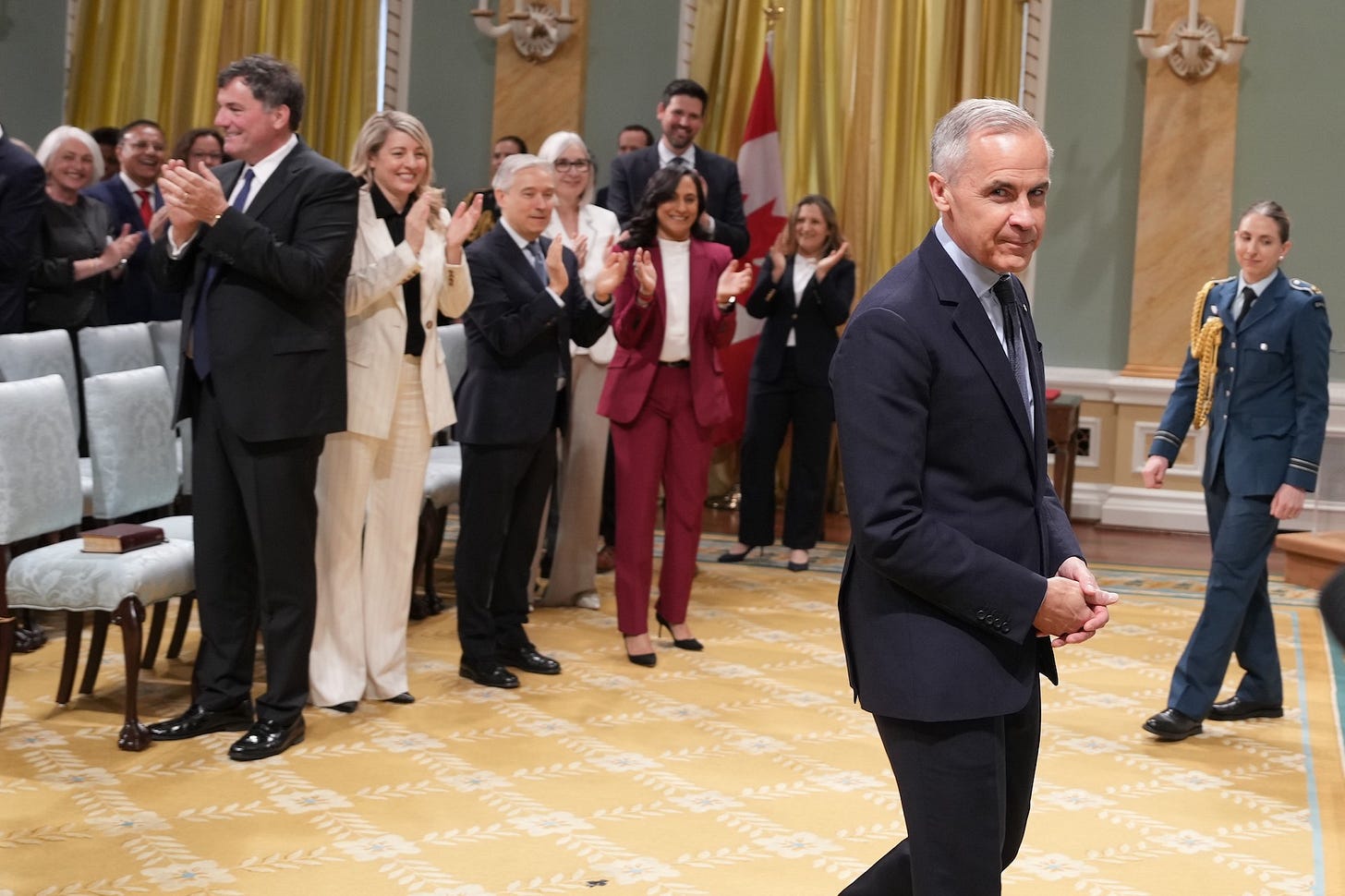

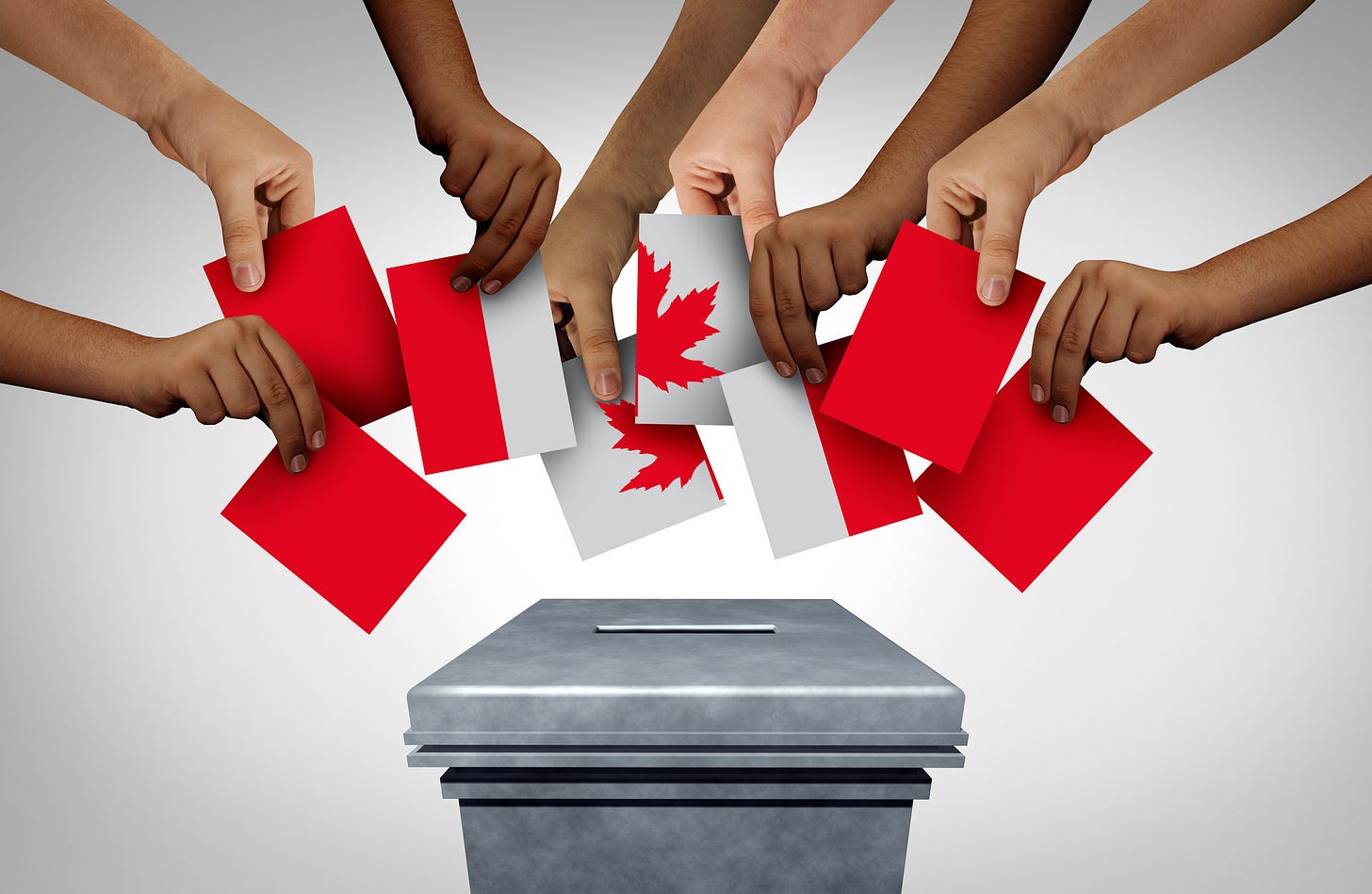

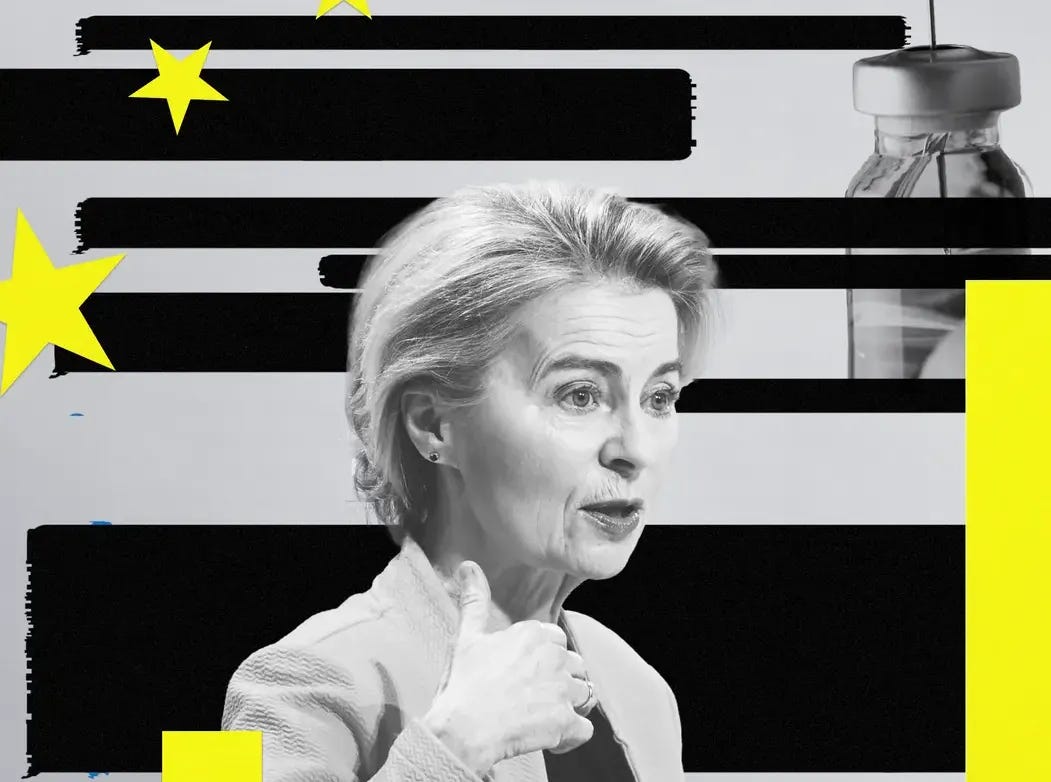
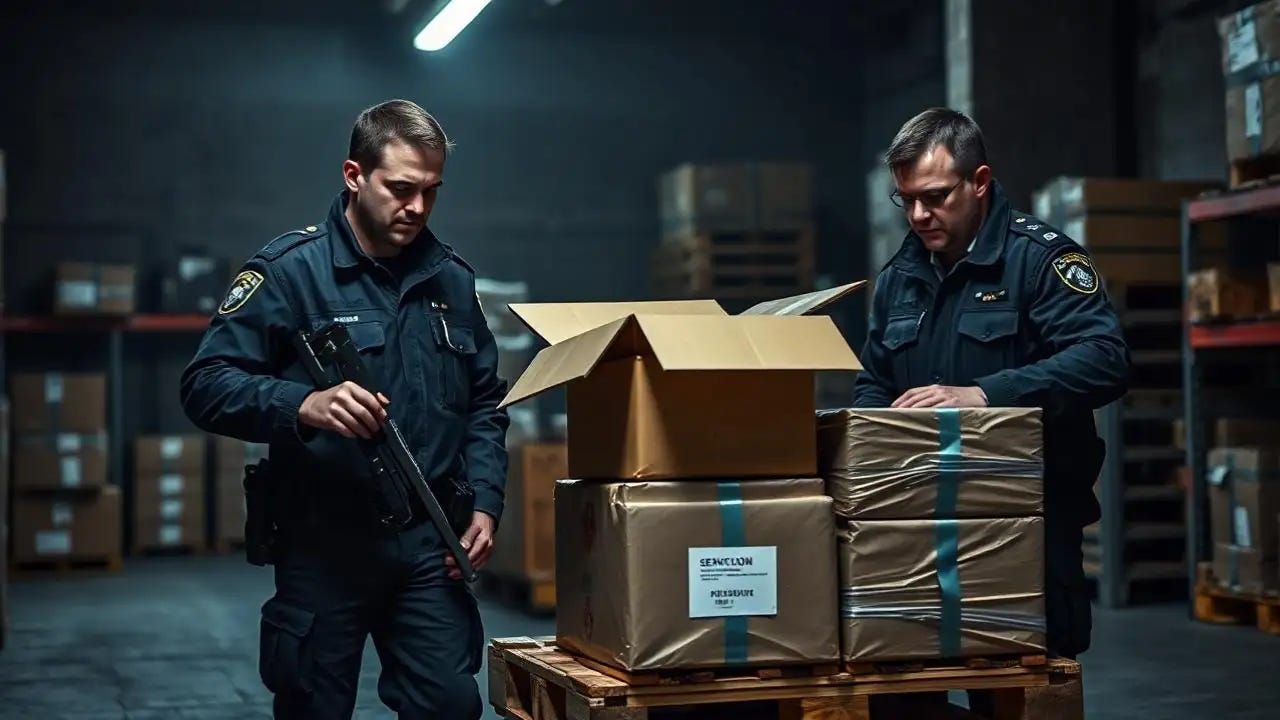





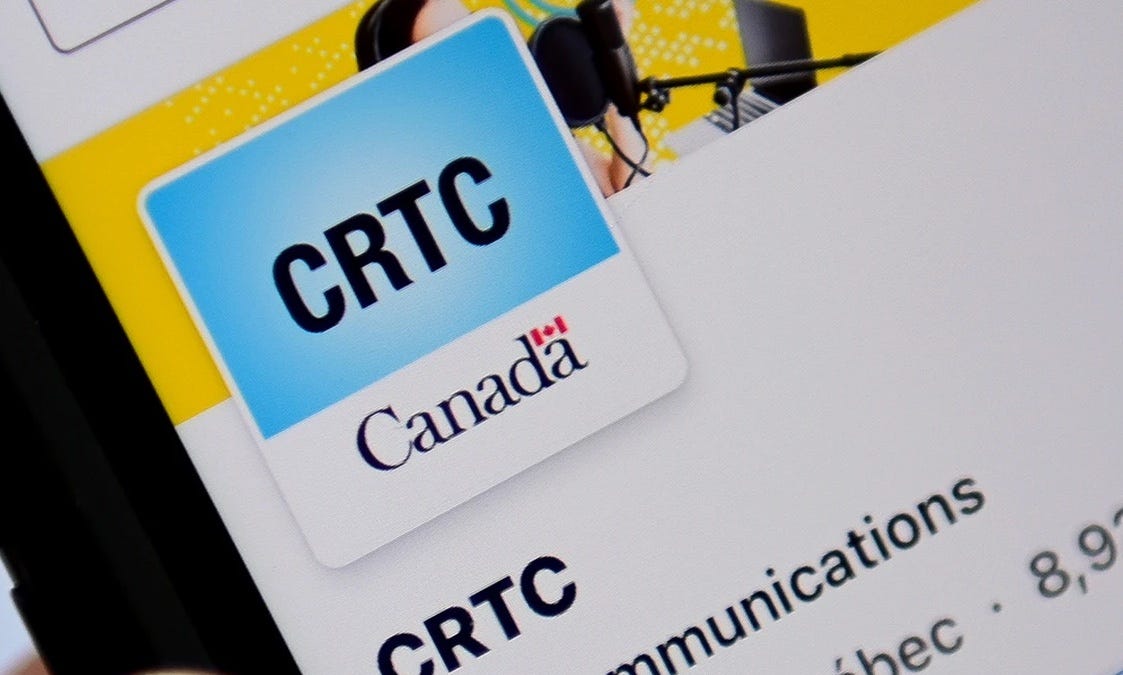

Canada, please wake up..The present governmental system , federal, provincial, judiciary , the rcmp ALL swore and still swear allegiance to the Crown .Canada is NOT and has NEVER been independent since day one. Fact, not hearsay or opinion of fiction but factual..
A true corrupt shit show. Sick and tired of Ontario choosing our federal govt. Immoral, unethical. And Ford💩🤬 basically telling Ontario who to vote for. This is corruption and election tampering 100 percent.
We now have a dictatorship..thank you to the illegal voting immigrants, stupid CBC informed boomers and basic liberal cheating and lying.
Canada will slide the last few feet into financial ruin, global disrepute, and the demise of free speech.
The liberal party has committed treason over the last decade…and has plans to continue. I see the French Revolution 2.0 coming.